SINGING STAR SPEAKS ABOUT HER SUPERB AWARD SUCCESS AND SPIRITUAL MUSICAL BOND
The first introduction Asees Kaur had to music was through gurbani and shabad.
Singing at the gurudwara from a very young age gave her a spiritual connection to a higher power and formed an unbreakable bond with music. From learning by herself through listening to shabads on cassettes to performing on stage and carving out a successful singing career, she has been on a spiritual musical journey.
The star with a magical voice has beautifully balanced singing for high-profile movies with popular standalone singles in various genres.
A sign of her amazing success is the singer winning the Filmfare Best Female Playback award the last two years for smash hit songs Hui Malang and Raataan Lambiyaan.
She has also made a name for herself as a world-class live performer and is due to have her first UK tour in 2023.
Eastern Eye caught up with arguably the fastest rising female singing star in India to speak about music, her inspirations, heroes, expectations, best advice she got and the joy of not planning.
Did you imagine becoming so successful?
I always wanted to be a successful playback singer. This dream for myself is what I used to imagine and manifest a lot. I’m really happy to have come so far and get this opportunity to do what I love. I’m happy this happened.
How much does winning the Filmfare award the last two years mean to you?
Of course, winning Filmfare means a lot to me. This was my second Filmfare in a row, so it makes me feel special. I am grateful that people are accepting my voice and loving my songs. People enjoying the songs means a lot to me and getting a validation through this award doubles the excitement.
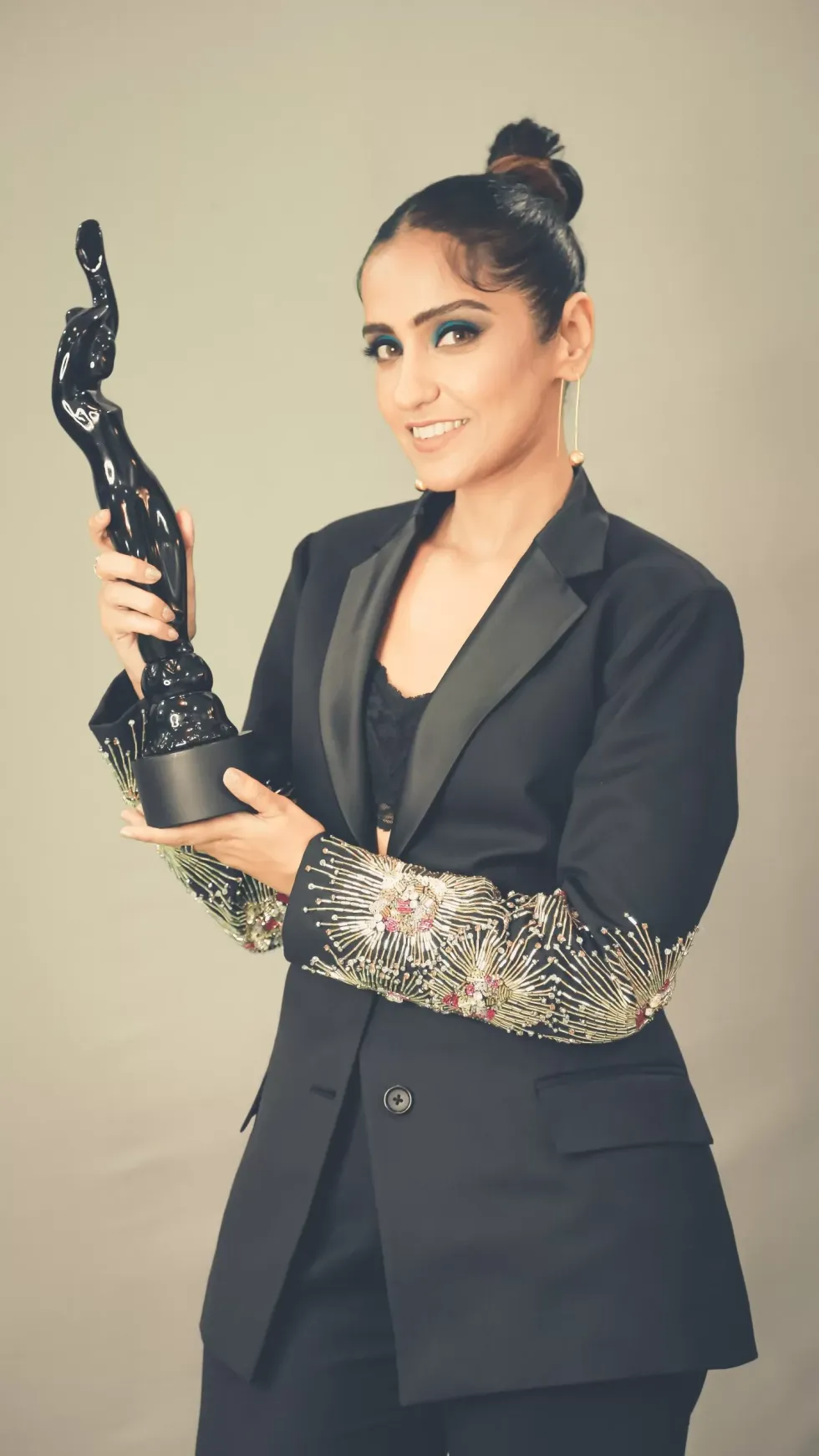
Are you able to tell if a song will be a hit when recording it in a studio?
Whenever we make a song, we really hope that people will connect to it and if that happens, it makes you happy on another level. Whether a song will be a hit or not is a tricky question because the industry, music and tastes are changing, but we always hope that it will be a hit whenever we’re recording in a studio.
Do you prefer singing slow love songs or faster dance numbers?
I enjoy singing both slow and fast songs. I’m happy that I got to experiment with my voice through songs such as Bolna and Tere Bin; then going into sad songs like Jaan Nisaar and Tujhe Kaise, Pata Na Chala, and further doing dance numbers like Makhna and Akh Lad Jaave. So, I pretty much enjoy singing all kinds of songs.
How do you generate so much emotion in your songs?
I really feel that emotion is the key factor whenever you’re singing the song because that’s when you feel and generate it. Understanding the lyrics and then singing the song makes it much easier and relatable.
How much does live performance mean to you?
Singing live is always very special to any musician or artist because that’s how we connect with our audience. Seeing their live reaction when we’re singing on stage really means a lot.
The expectations around you are increasing. Does that put pressure on you?
Yes, I really feel that expectations eventually increase and that is a lot of pressure on me, but I enjoy challenges and have had this habit since childhood. My father also challenged me that if I could sing a particular shabad, he would give me a toy or something else. So, I took these challenges in a good spirit. When expectations rise, a person increases their practice and finds different ways to improve themselves, which I really find amazing and enjoy doing.
Does your approach change between standalone singles and film songs?
There’s definitely a difference. Both have a different approach, but musically for me, if I’m singing a song, it is exactly the same – whether it’s a non-film or film song. The only approach that changes is the way they are conceived and brought to the world.
Tell us about that?
Whenever we go for a film song, the script is the primary focus , as well as the hero. With the song, the character will be according to the script, so I
always ask how he or she is like in the film. Then I try to emote the feelings. But for a non-film song, there is a lot of creative freedom, and we can cater to our own fanbase. We can sing songs we want our fans to listen to. There is no narrative, so we don’t have to create according to that and can make songs which we feel are close to our hearts and people will enjoy.
How do you feel when you hear one of your songs being played?
It feels amazing. I feel on top of the world whenever I hear my songs playing, whether it’s in a car passing by on the road, a club, wedding function or anywhere else, including malls. I feel it’s totally wonderful and have always wanted this feeling of listening to my own songs playing everywhere.
What kind of music dominates your own playlist?
My personal playlist has a wide variety, from sad songs to hip hop and dance numbers. Sometimes, I just enjoy listening to instrumental music, such as a flute or sarangi. So everything depends on my mood, basically.
If you could master something new in music what would it be?
Playing piano is one thing that I would love to master. I know how to play
harmonium, but piano is different, and so is the approach and feel. You have to use two hands (with piano); so I can play with the right hand very easily, but on the left I am still learning. I am trying to be as good as when I am playing harmonium.
What is the best advice you ever got?
The best advice is that ‘nothing stays the same, especially time’. If you are having a good time, never be very proud or boast about it because time passes. And if you are having a bad time, then don’t be too sad or gloomy because bad times also pass. So, enjoy the moment, be present, and be as positive as you can be. That’s my life’s mantra.
You are becoming a hero for many, but who is your idol?
Firstly, thank you for saying that I am becoming a hero. Recently, I met someone at a music conference, and they said, ‘you are a hero for many
people’, and it felt amazing. It is a huge responsibility because people look up to you, want to be like you, and that’s a huge compliment. My hero and inspiration has always been madam Noor Jehan – the way she sang, emoted
lyrics, and acted while singing is mesmerising. I am completely in awe of her. I also love Adele and would love to collaborate with her. These two women have been monumental in my musical journey.
What else inspires you?
A lot of things inspire me. Like seeing someone helping another person across the road is inspiring. In terms of music, it is a blessing because just by singing I can touch so many hearts. This ability to touch so many lives is something I always wanted. It really inspires me to do better every day and bring a smile on someone’s face. To make someone cry and release their emotions, when I am singing a heartbreak song, is really inspiring. Touching anybody’s heart in whatever way is very inspirational. You can do it just by calling someone, having a cup of coffee with them, or asking them about their day.
What is the plan going forward?
There is no plan. I have never planned my life. I just wanted to come to Mumbai and sing. All the opportunities that I have got have been amazing. On the whole, I think a person can never plan their life because many things happen around you, which change your life in so many ways. There are so many possibilities with every event and opportunity. I am happy I don’t plan because when you plan, there is more pressure and expectation. That is hard for an artist. I feel musicians are soft-hearted, so should live life as it comes.
Do you see yourself making a move to acting?
I don’t see myself acting. I feel that acting is another art and actors should do it. But I will be featuring in my own music videos. I’m not sticking to just playback singing and am exploring new genres in non-film music. I’m open to Sufi songs, want to sing pop songs, and just full-on heartbreak numbers. I look forward to featuring in videos of my own songs, as it’s easier to emote my own songs and bring those feelings out on screen. There are no dialogues, so I don’t have to act, and just need to emote.
So what does music mean to you?
My life is very spiritually inclined with music. If I am sad, I listen to music and if I am happy, I enjoy music. So, music guides my life. If there is no music in my life, then it would be very boring. I feel that connection is spiritual, and feel closer to God whenever I sing. I want to feel that connection with my music and make people feel it too. Music is a spiritual guiding force in my life. I feel I am fortunate that I have this blessing and talent in me.
Instagram: @aseeskaurmusic

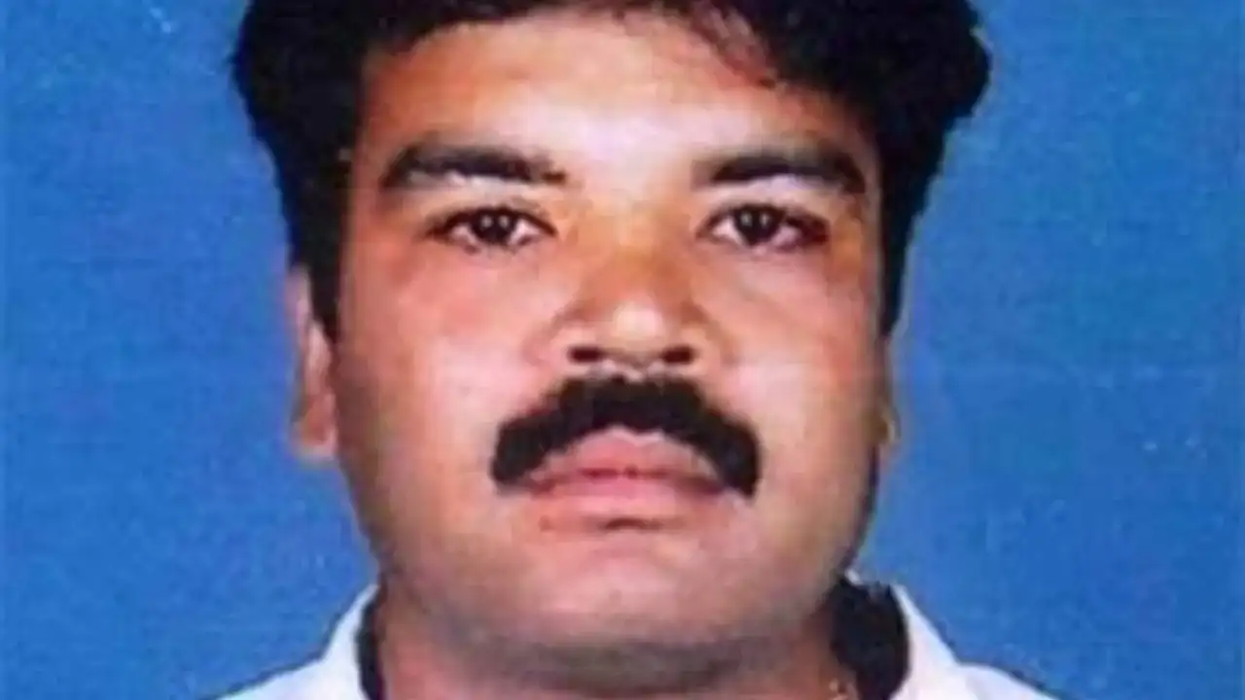
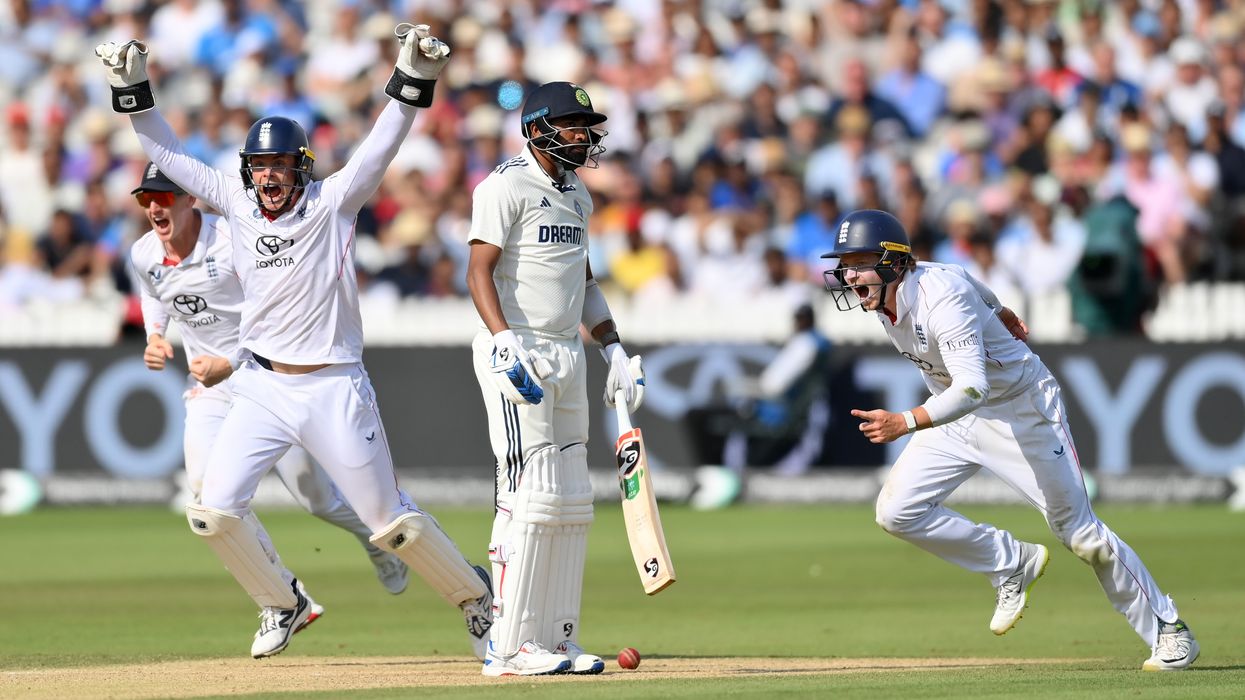

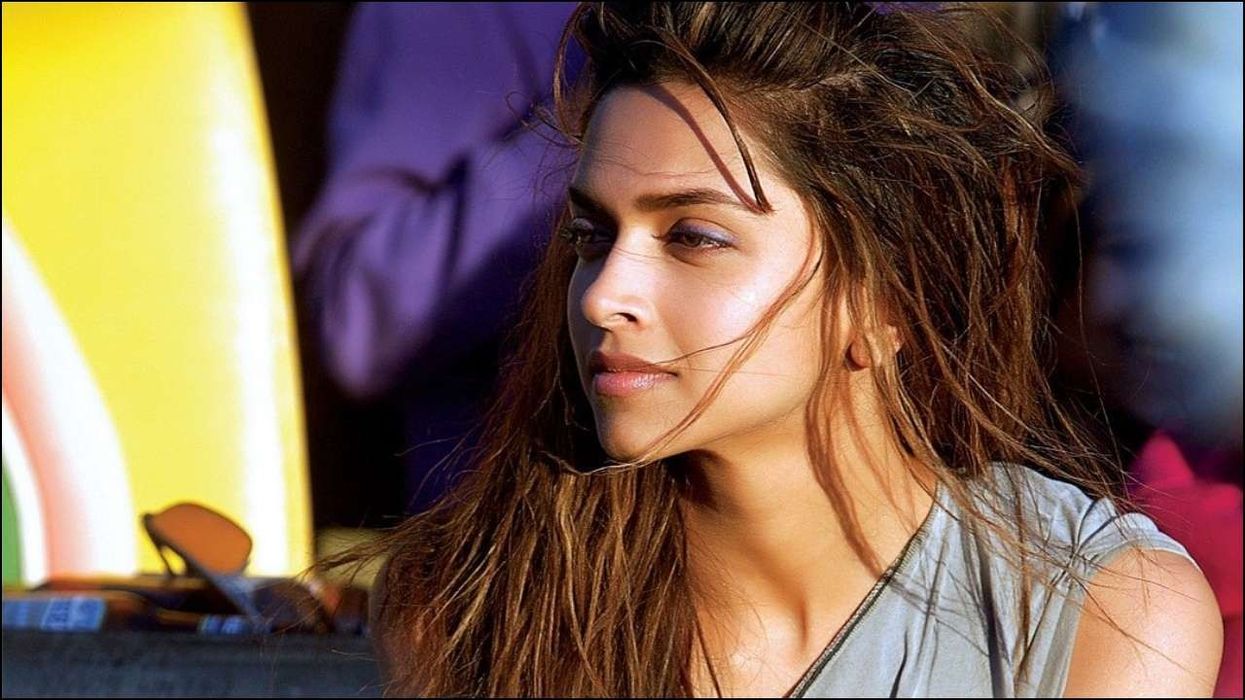

 Streaming blackout angers fans just days before new South Park seasonPrime Video
Streaming blackout angers fans just days before new South Park seasonPrime Video Global outrage grows as South Park vanishes from Paramount PlusWikipedia
Global outrage grows as South Park vanishes from Paramount PlusWikipedia 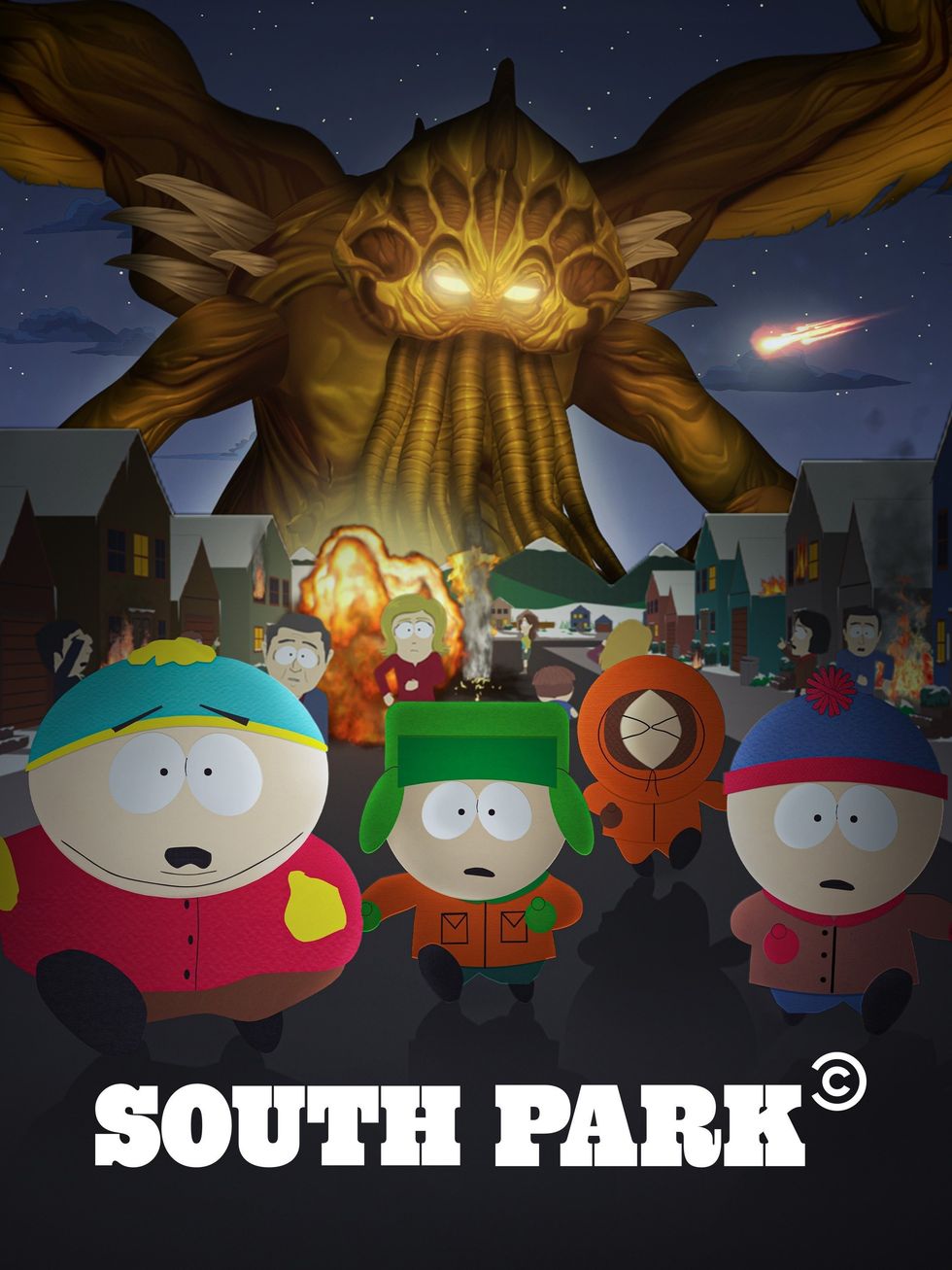 Fans slam Paramount and Skydance for blocking South Park accessRotten Tomatoes
Fans slam Paramount and Skydance for blocking South Park accessRotten Tomatoes 









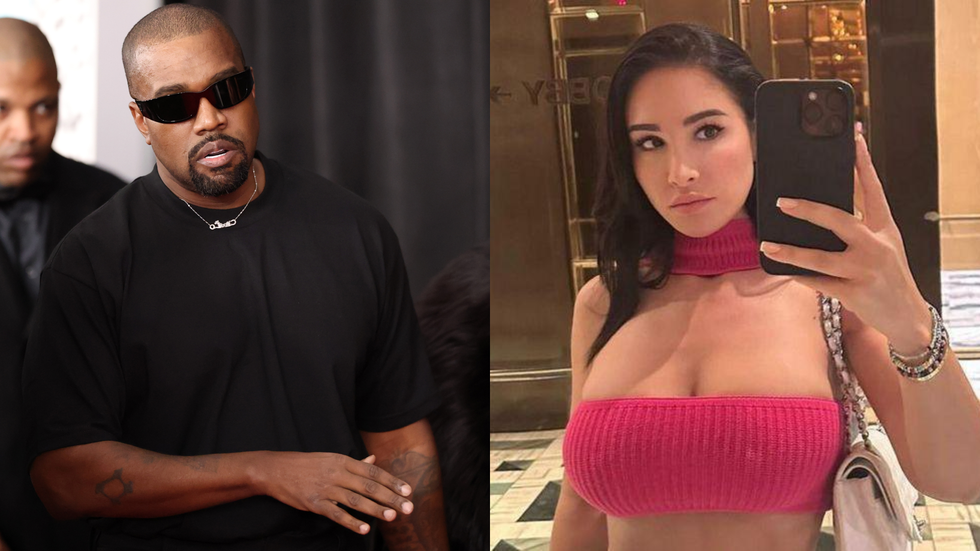 Kanye West’s spokesperson says the claims are inconsistent and defamatoryBBC/Getty Images
Kanye West’s spokesperson says the claims are inconsistent and defamatoryBBC/Getty Images 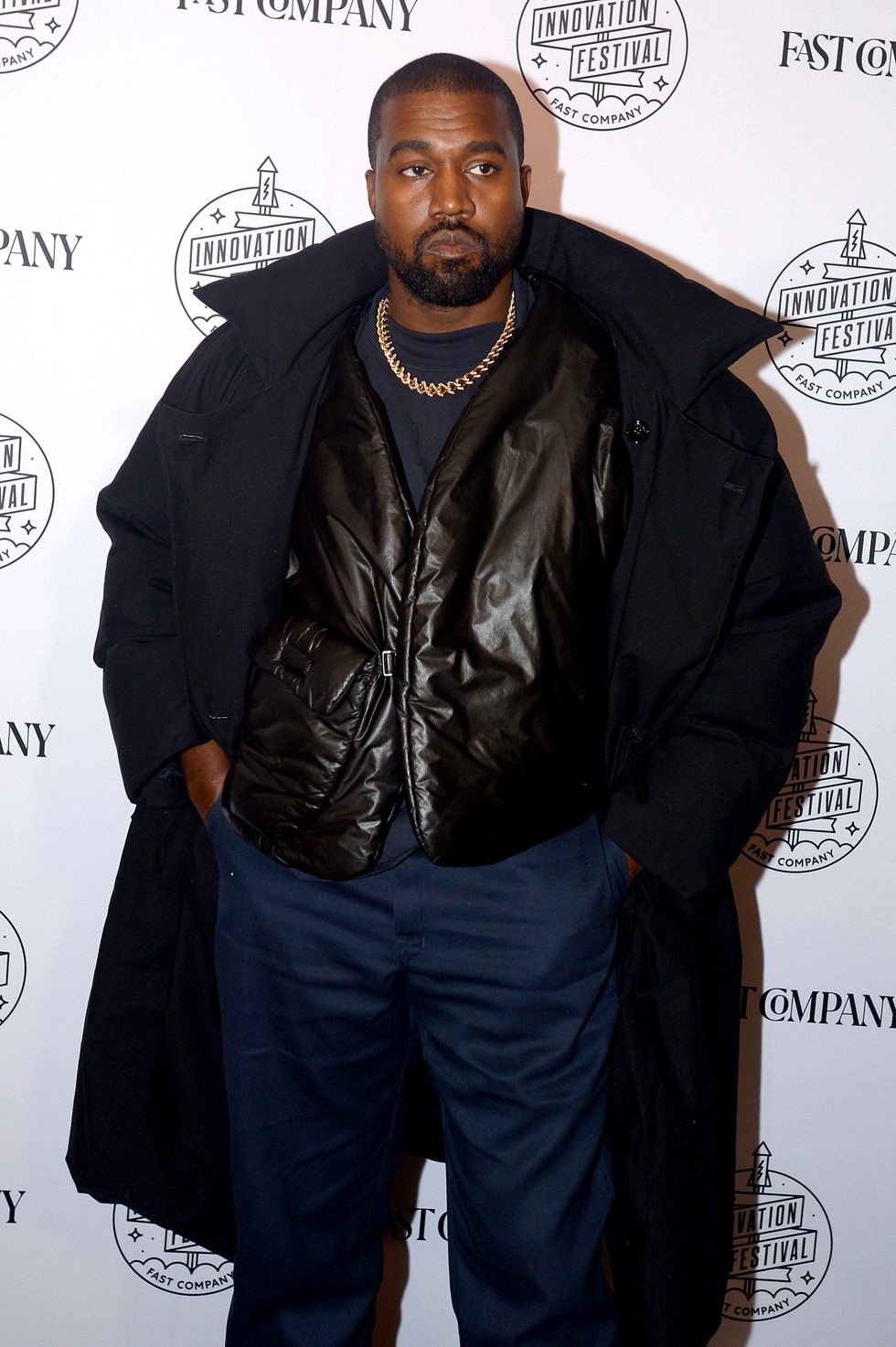 Photo of Kanye West from a past public appearance Getty Images
Photo of Kanye West from a past public appearance Getty Images  Attorney Lisa Bloom says Kanye West has already admitted to key allegations
Attorney Lisa Bloom says Kanye West has already admitted to key allegations 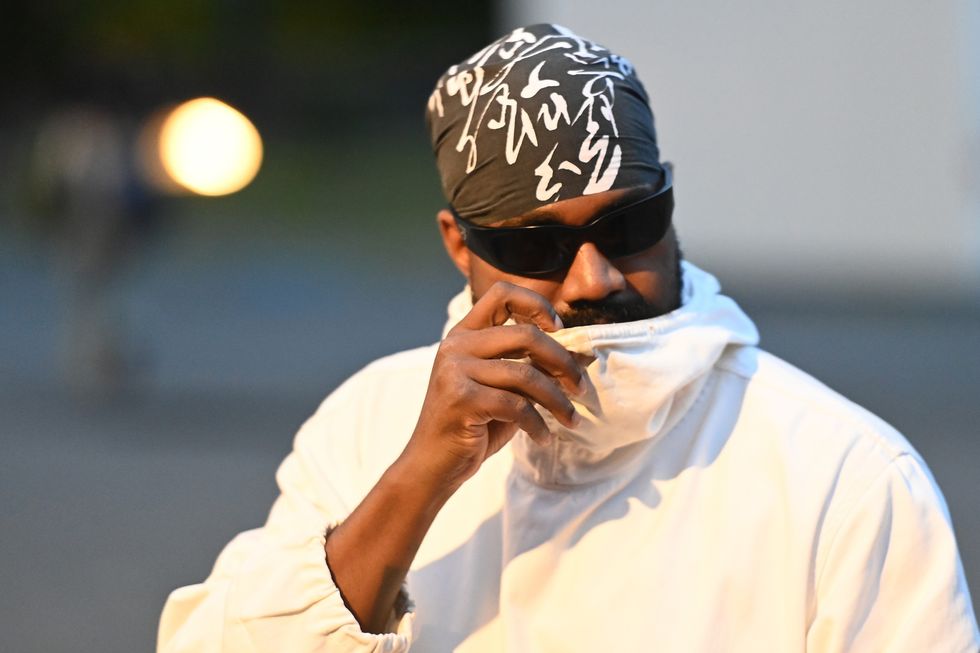 Kanye West’s spokesperson says the claims are inconsistent and defamatoryGetty Images
Kanye West’s spokesperson says the claims are inconsistent and defamatoryGetty Images 
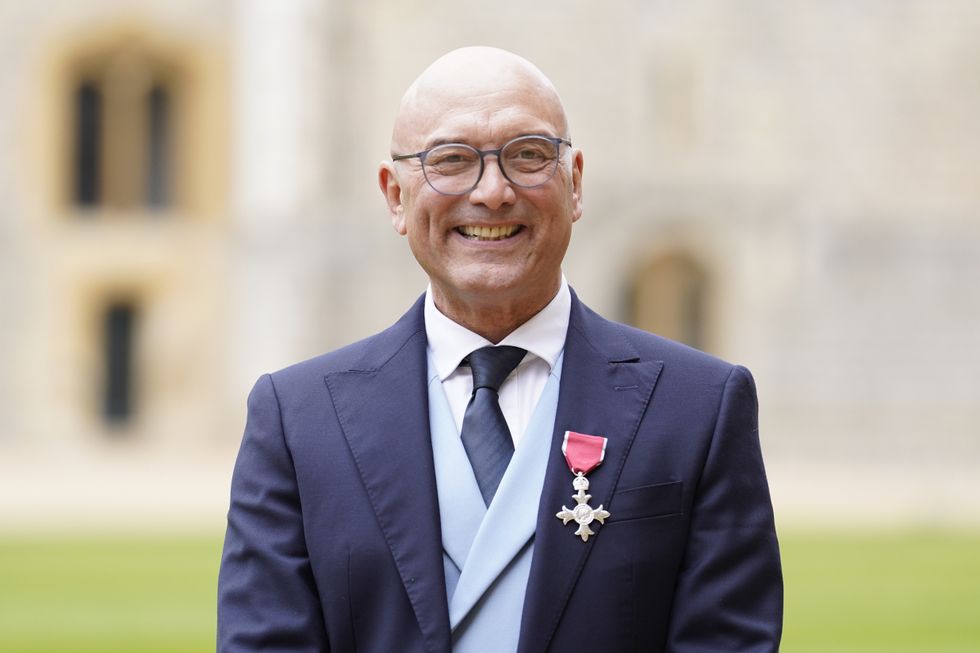 Gregg Wallace dropped from MasterChef after over 50 sexual misconduct claims surface Getty Images
Gregg Wallace dropped from MasterChef after over 50 sexual misconduct claims surface Getty Images 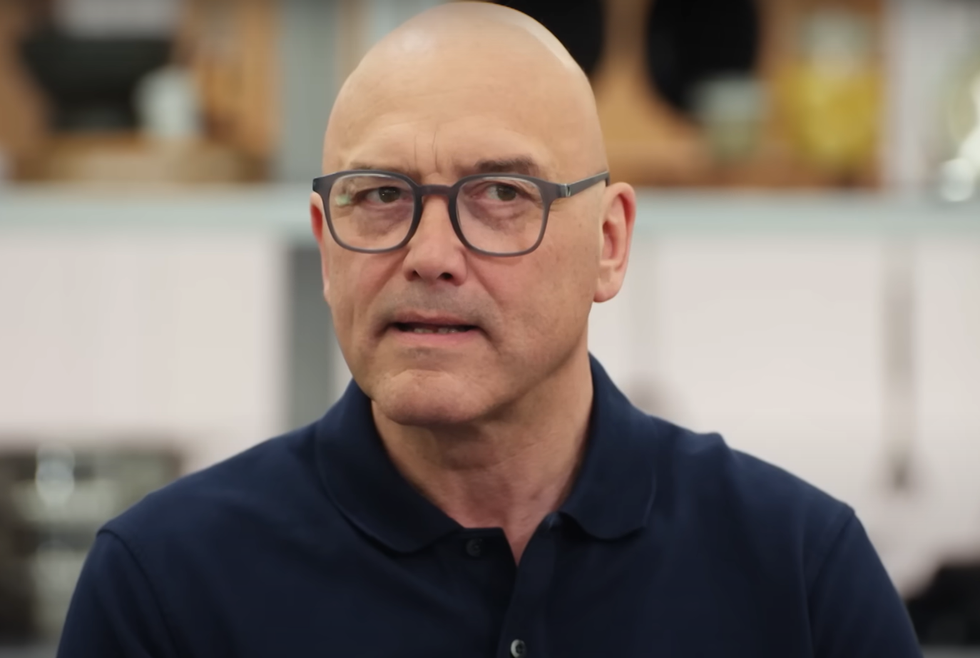 Gregg Wallace seen filming prior to being removed from the show Youtube Screengrab
Gregg Wallace seen filming prior to being removed from the show Youtube Screengrab 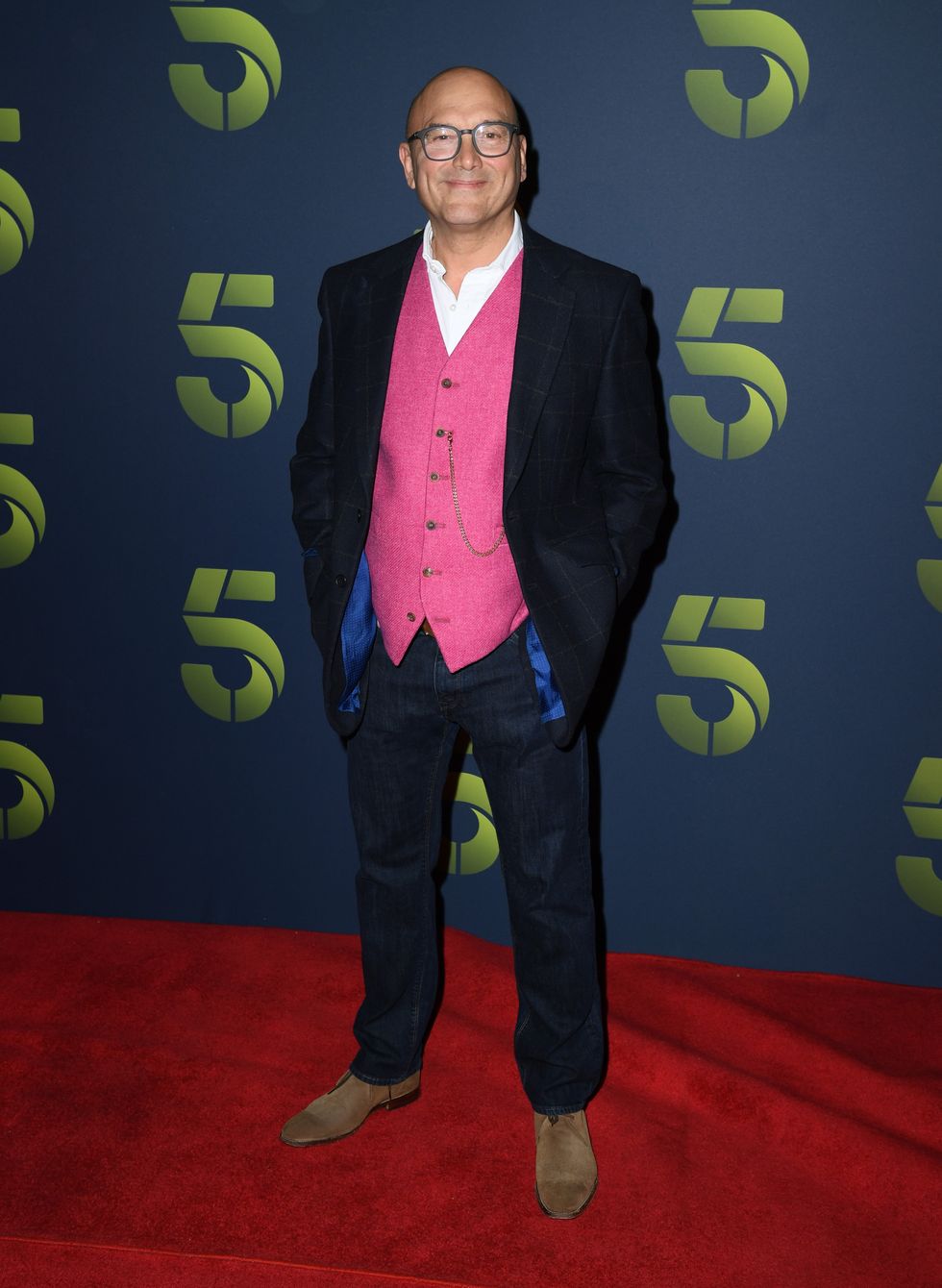 BBC confirmed it will not work with Wallace againGetty Images
BBC confirmed it will not work with Wallace againGetty Images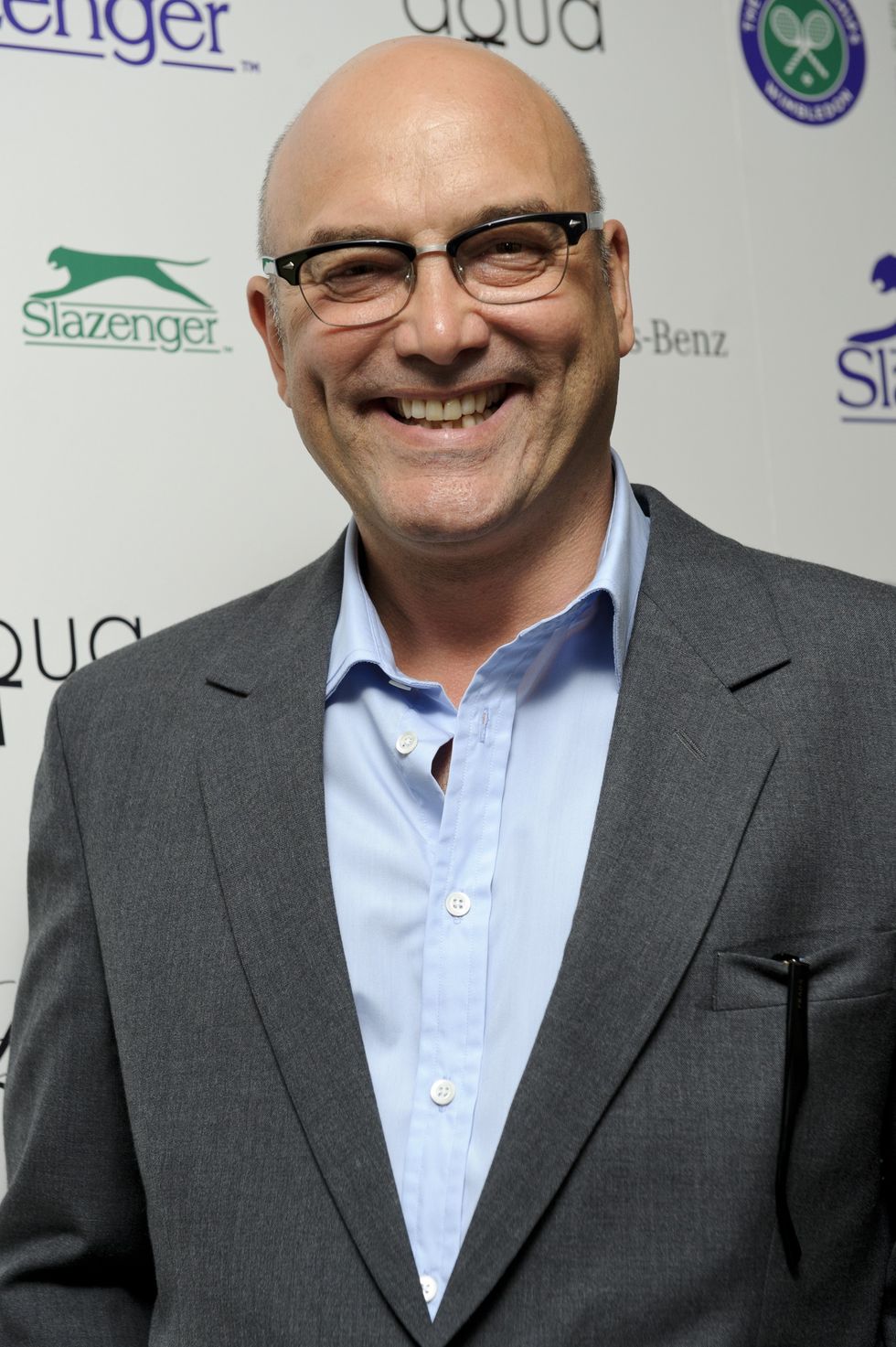 Wallace claimed he was scapegoated amid a toxic production cultureGetty Images
Wallace claimed he was scapegoated amid a toxic production cultureGetty Images
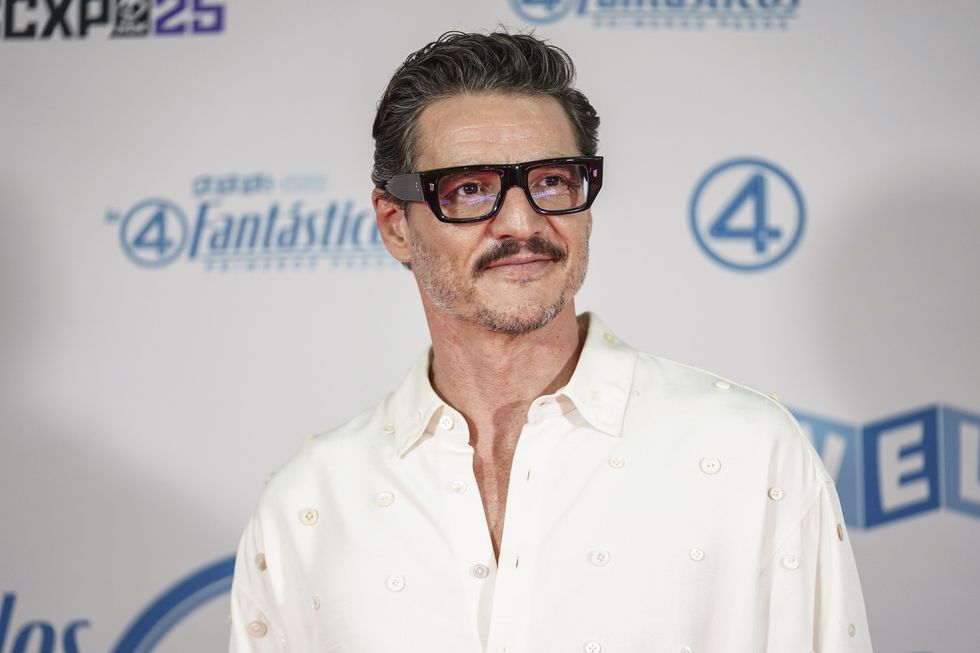 Pedro Pascal addresses fan backlash over playing Reed Richards at 50Getty Images
Pedro Pascal addresses fan backlash over playing Reed Richards at 50Getty Images 
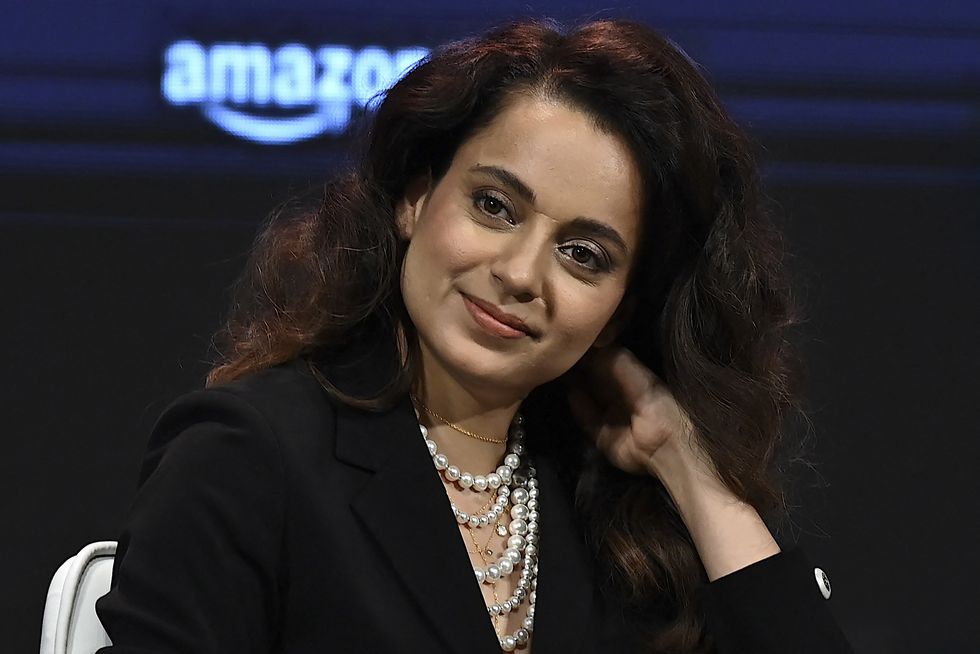 Kangana Ranaut speaks on equality and her role as a ParliamentarianGetty Images
Kangana Ranaut speaks on equality and her role as a ParliamentarianGetty Images 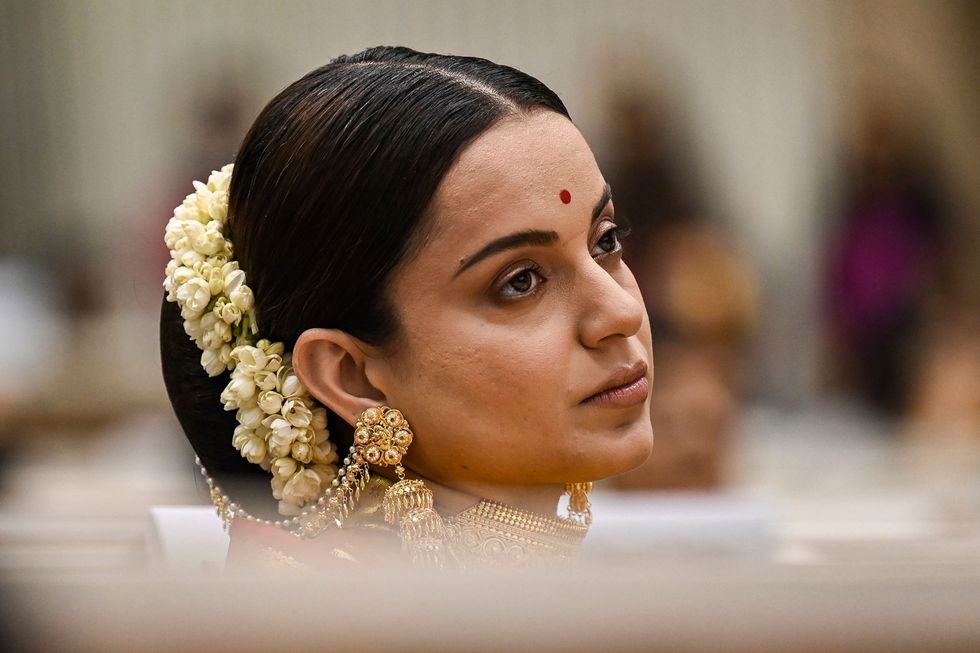 Kangana Ranaut calls equality a flawed idea, claims it’s ruining work ethic in today’s youthGetty Images
Kangana Ranaut calls equality a flawed idea, claims it’s ruining work ethic in today’s youthGetty Images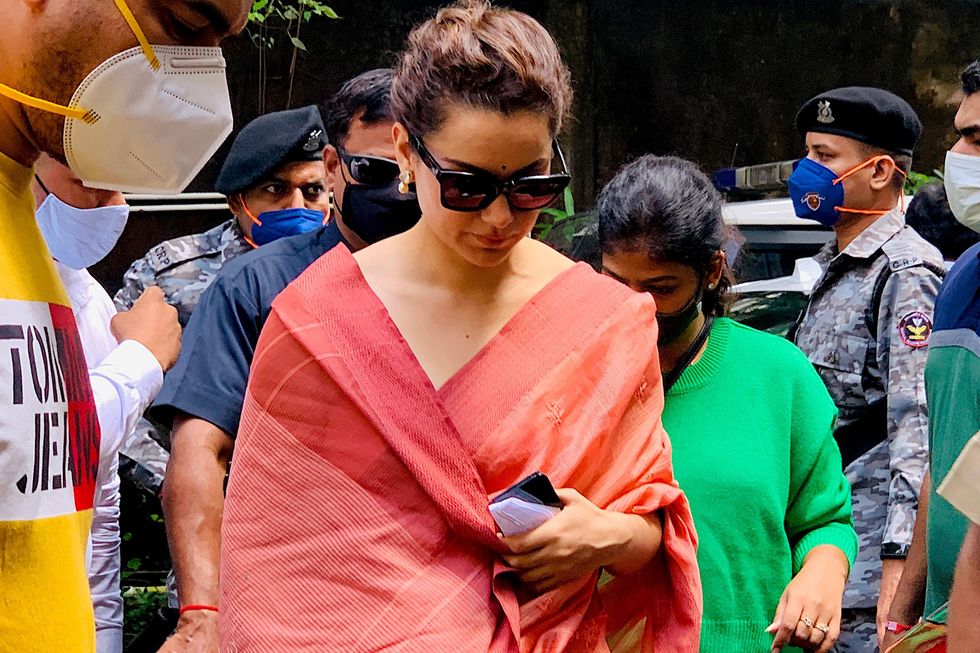 Kangana Ranaut says belief in equality has created a ‘generation of morons’ in viral Times Now interviewGetty Images
Kangana Ranaut says belief in equality has created a ‘generation of morons’ in viral Times Now interviewGetty Images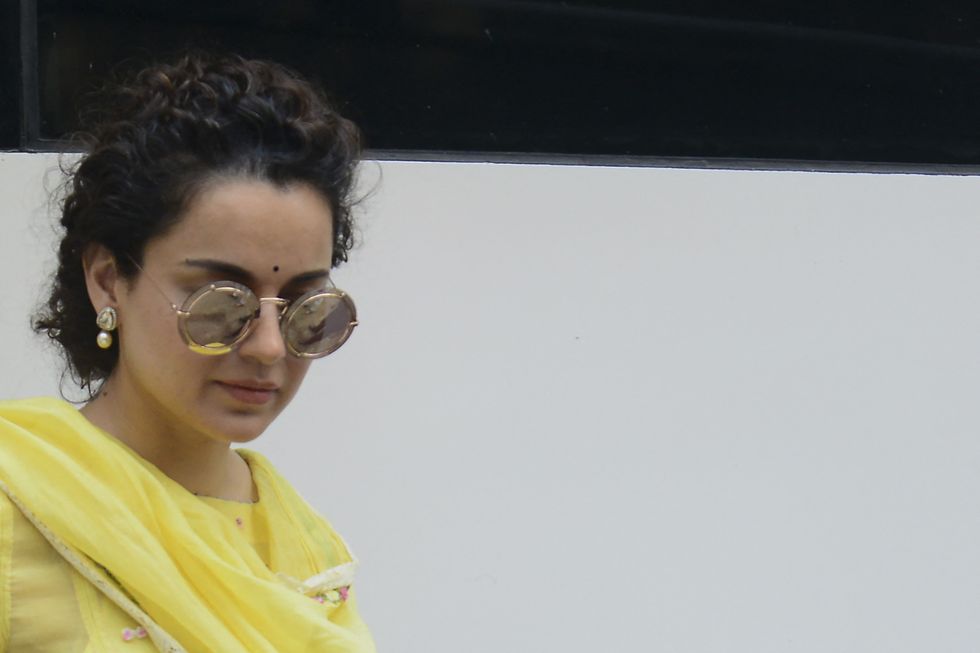 Kangana Ranaut blames equality for entitlement culture, says no two people are equalGetty Images
Kangana Ranaut blames equality for entitlement culture, says no two people are equalGetty Images